Tadić on "facing up past in Balkans"
Serbs are the Balkan nation that has contributed the most to facing up the past, i.e., the events of the 1990's, says Boris Tadić.
Sunday, 18.10.2009.
12:54

Serbs are the Balkan nation that has contributed the most to facing up the past, i.e., the events of the 1990's, says Boris Tadic. In an interview to Germany's Welte, the Serbian president said that Belgrade is clearly oriented toward the EU, but that it has no reason to keep a distance toward Russia any greater than that held by other countries, "Germany for example". Tadic on "facing up past in Balkans" Asked "whether it was not true that Serbia must separate from her protector Russia in order to belong to Europe as a community of peace-loving democracies", Tadic said that Serbia "has no reason to maintain a distance toward Russia that would be greater than that of Germany, which has as functional a relationship with Russia as Serbia, perhaps even closer". "Germany considers itself a mediator between Russia and Europe. Serbia can play a similar role. When it comes to our political system, the EU is our clear orientation, relations with Brussels have a key importance. An our system is very similar to that in Germany." The newspaper's reporter then asked the president why Serbia, unlike Germany, failed to condemn "the Russian invasion of Georgia" in 2008. Tadic stated that despite the ties with European institutions, "in some situations, Serbia's national interests have priority". "The subject of Georgia is very sensitive to us. Serbia can neither directly nor indirectly undertake any steps that would jeopardize our legitimate interests in Kosovo. We reject violence as a means to solve political problems and that is why we have transferred the problem of Kosovo from the political sphere to the International Court of Justice," he continued. The top UN court is to rule on the legitimacy of the Kosovo Albanian secession declaration, and Tadic said that Belgrade will "certainly accept its decision", but that he was convinced that the judges "will not accept ethnically motivated secessions of parts of state territories". Reminding that Serbia extradited 44 out of 46 indictees to the war crimes court in The Hague, and that the arrests of Slobodan Milosevic and Radovan Karadzic were "much riskier than would be arresting Ratko Mladic today", Tadic wondered "why would someone is Serbia protect him now". "If Mladic dared to show up in public in Serbia he would be arrested within five minutes," said he, and added he is "very unhappy" to see foreign media "spread rumors" that the former military leader of Bosnia's Serbs was protected by the state apparatus. The German reporter then asked whether Serbia should face up the committed crimes "more openly and publicly", and "admit to the world and itself that it was not only the victim, but also the criminal in the Balkan wars". Tadic said that "this is precisely why the search for the fugitives is so important". "We must shed the light on our past. When Karadzic was caught [German] Chancellor Angela Merkel called me to congratulate me and asked whether I was pleased. I said I was not, and that I will only be pleased once Mladic has been arrested as well." Tadic also said that "Serbs are the Balkan nation that has contributed the most to facing up the past in the Balkans". "Unfortunately, I am the only president who has apologized for the crimes of his country," he was quoted as saying. "I am very sorry that other presidents missed an opportunity to apologize for the crimes committed against my nation." "I must reject the role of the criminal for Serbia. It was a civil war where everyone took part. We all must face our own responsibility," Tadic concluded.
Tadić on "facing up past in Balkans"
Asked "whether it was not true that Serbia must separate from her protector Russia in order to belong to Europe as a community of peace-loving democracies", Tadić said that Serbia "has no reason to maintain a distance toward Russia that would be greater than that of Germany, which has as functional a relationship with Russia as Serbia, perhaps even closer"."Germany considers itself a mediator between Russia and Europe. Serbia can play a similar role. When it comes to our political system, the EU is our clear orientation, relations with Brussels have a key importance. An our system is very similar to that in Germany."
The newspaper's reporter then asked the president why Serbia, unlike Germany, failed to condemn "the Russian invasion of Georgia" in 2008. Tadić stated that despite the ties with European institutions, "in some situations, Serbia's national interests have priority".
"The subject of Georgia is very sensitive to us. Serbia can neither directly nor indirectly undertake any steps that would jeopardize our legitimate interests in Kosovo. We reject violence as a means to solve political problems and that is why we have transferred the problem of Kosovo from the political sphere to the International Court of Justice," he continued.
The top UN court is to rule on the legitimacy of the Kosovo Albanian secession declaration, and Tadić said that Belgrade will "certainly accept its decision", but that he was convinced that the judges "will not accept ethnically motivated secessions of parts of state territories".
Reminding that Serbia extradited 44 out of 46 indictees to the war crimes court in The Hague, and that the arrests of Slobodan Milošević and Radovan Karadžić were "much riskier than would be arresting Ratko Mladić today", Tadić wondered "why would someone is Serbia protect him now".
"If Mladić dared to show up in public in Serbia he would be arrested within five minutes," said he, and added he is "very unhappy" to see foreign media "spread rumors" that the former military leader of Bosnia's Serbs was protected by the state apparatus.
The German reporter then asked whether Serbia should face up the committed crimes "more openly and publicly", and "admit to the world and itself that it was not only the victim, but also the criminal in the Balkan wars". Tadić said that "this is precisely why the search for the fugitives is so important".
"We must shed the light on our past. When Karadžić was caught [German] Chancellor Angela Merkel called me to congratulate me and asked whether I was pleased. I said I was not, and that I will only be pleased once Mladić has been arrested as well."
Tadić also said that "Serbs are the Balkan nation that has contributed the most to facing up the past in the Balkans".
"Unfortunately, I am the only president who has apologized for the crimes of his country," he was quoted as saying. "I am very sorry that other presidents missed an opportunity to apologize for the crimes committed against my nation."
"I must reject the role of the criminal for Serbia. It was a civil war where everyone took part. We all must face our own responsibility," Tadić concluded.




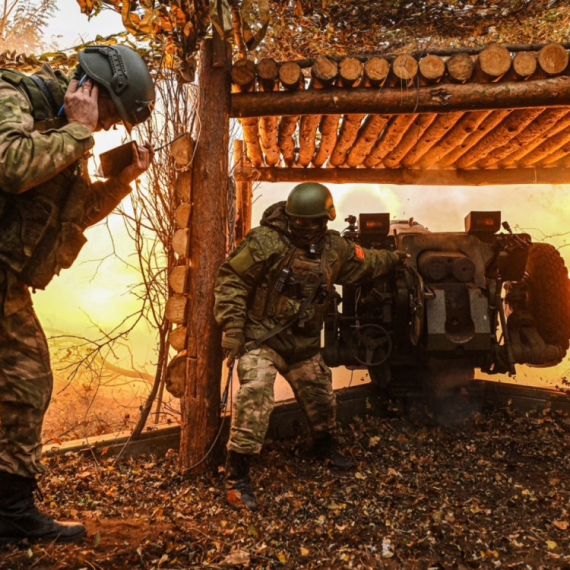







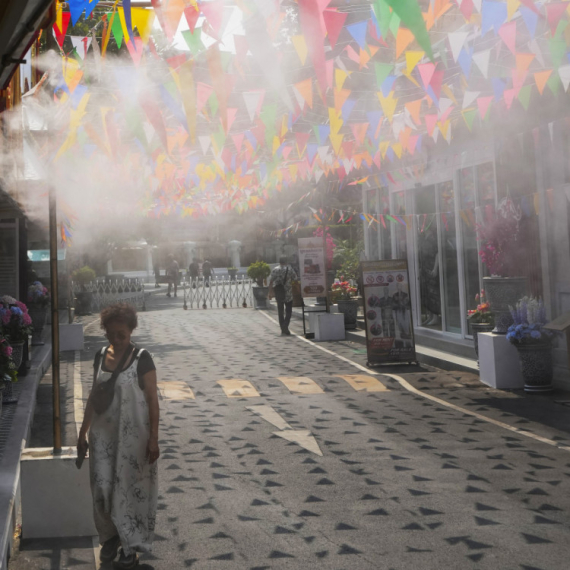


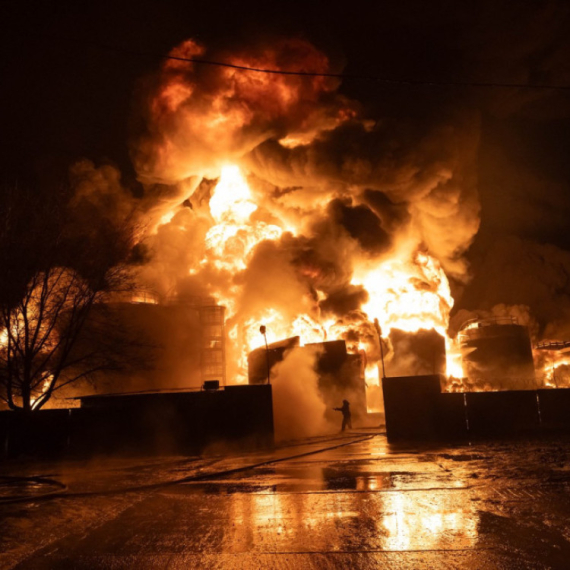
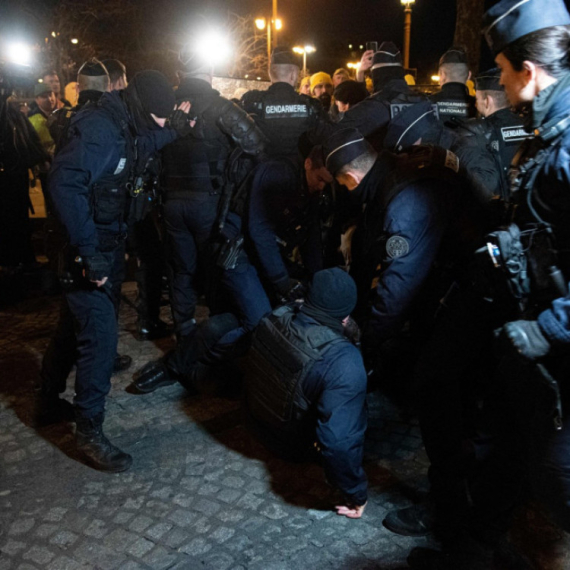
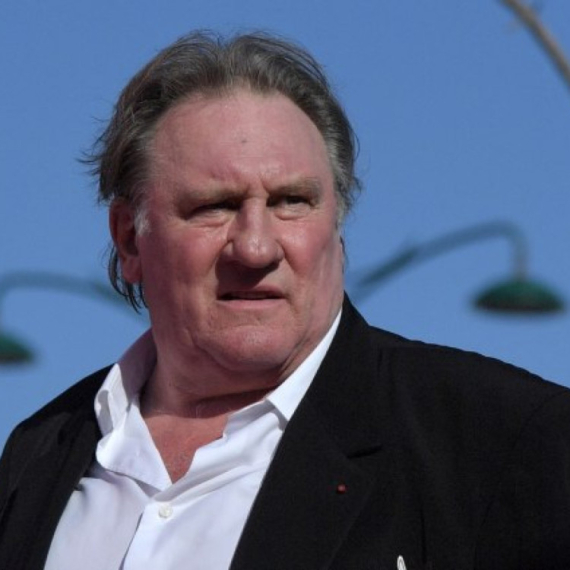
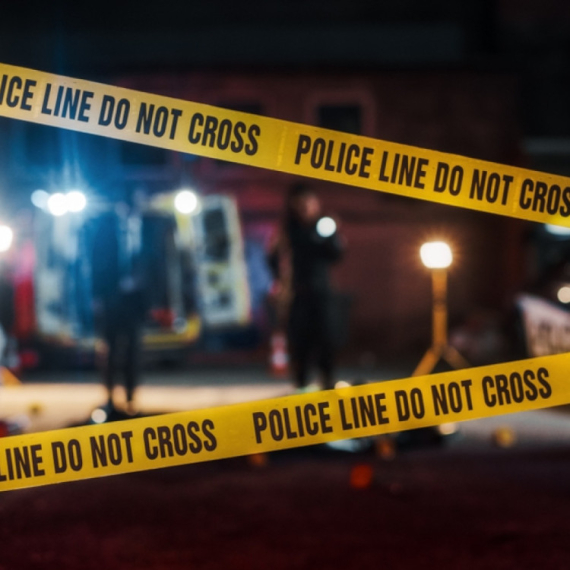
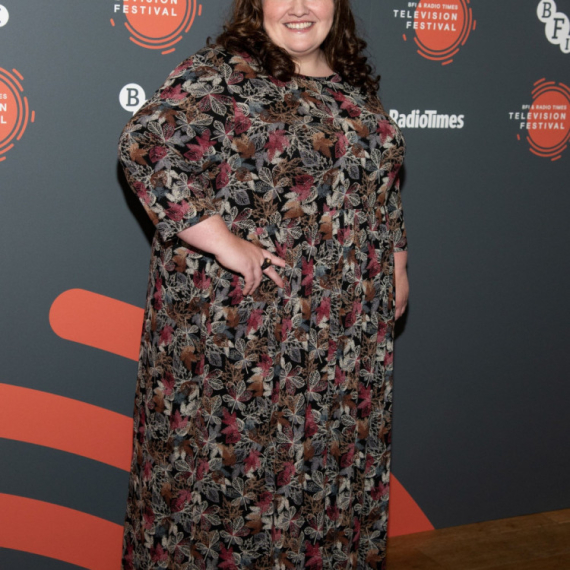

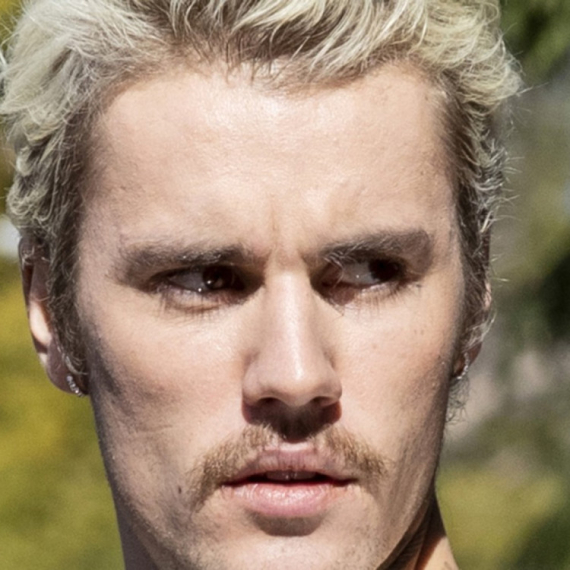





























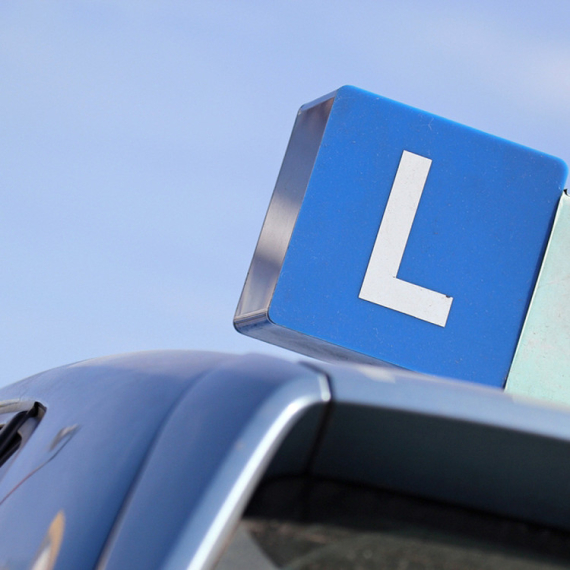






Komentari 29
Pogledaj komentare